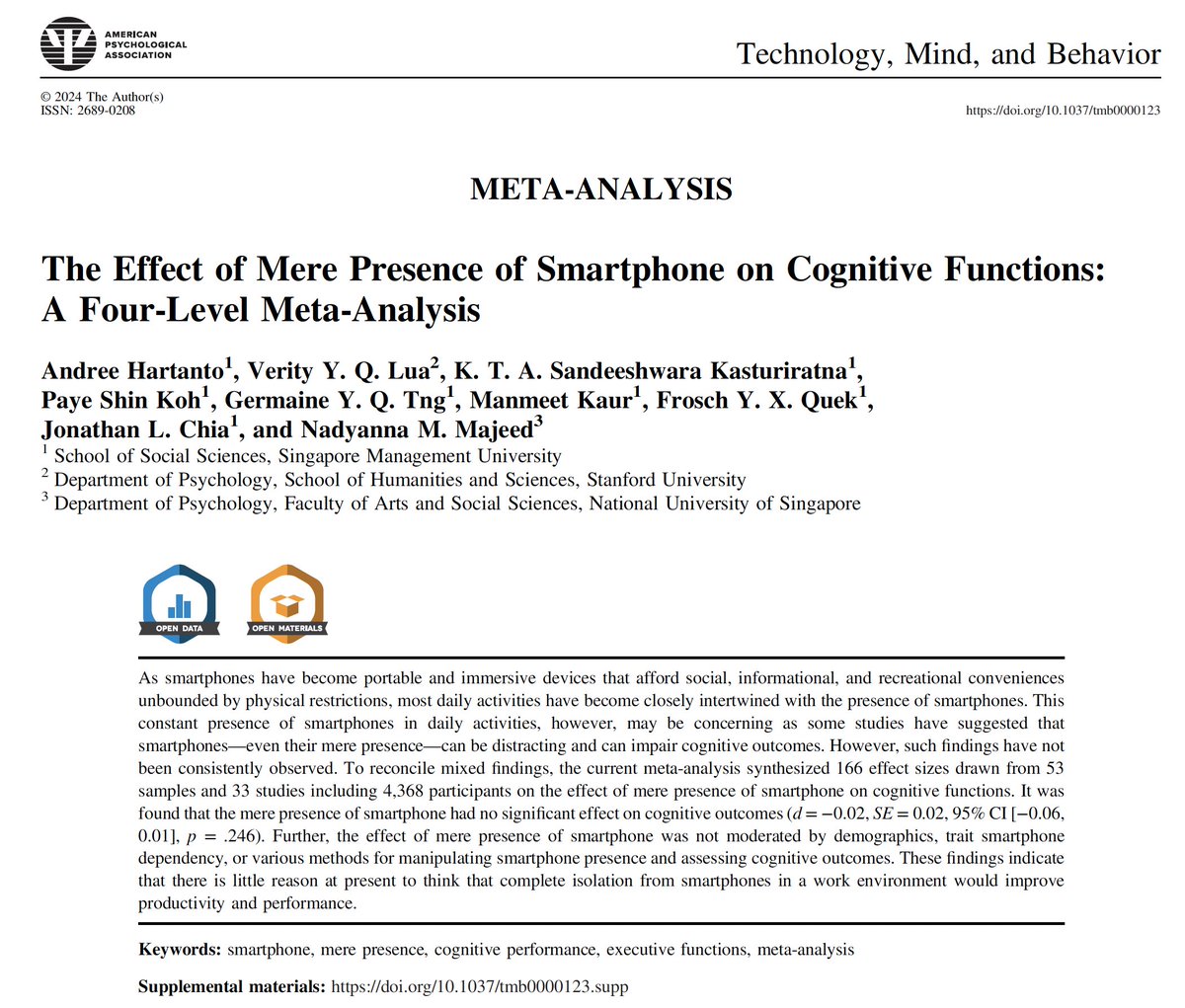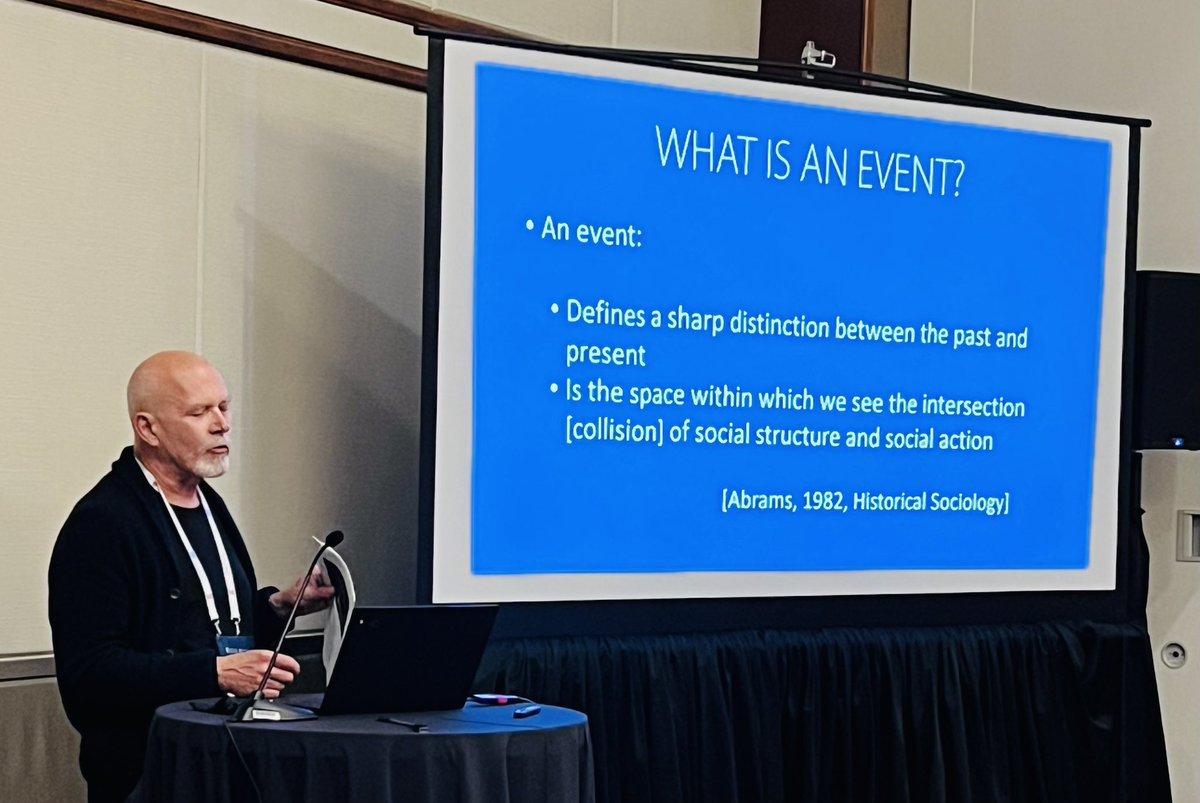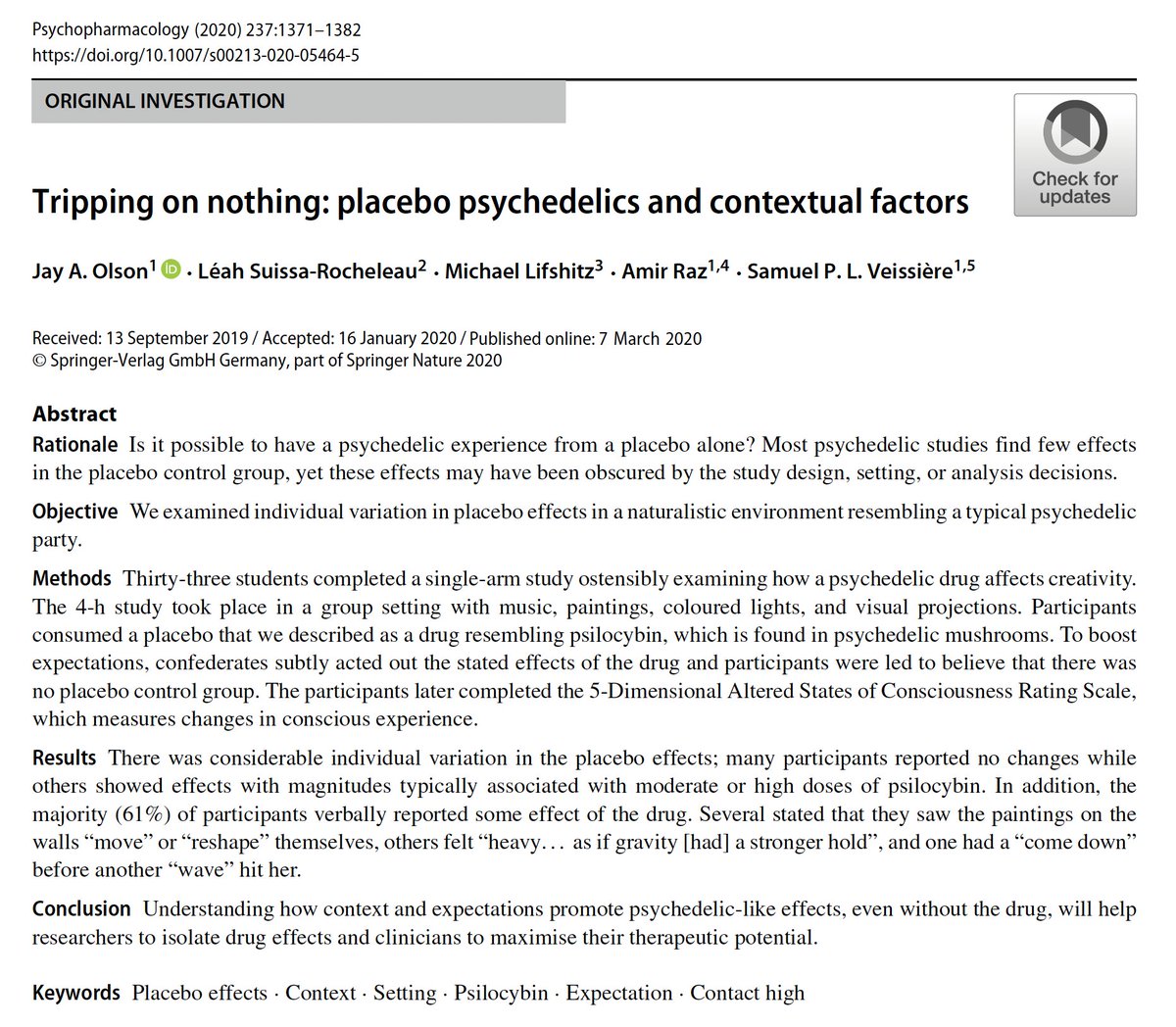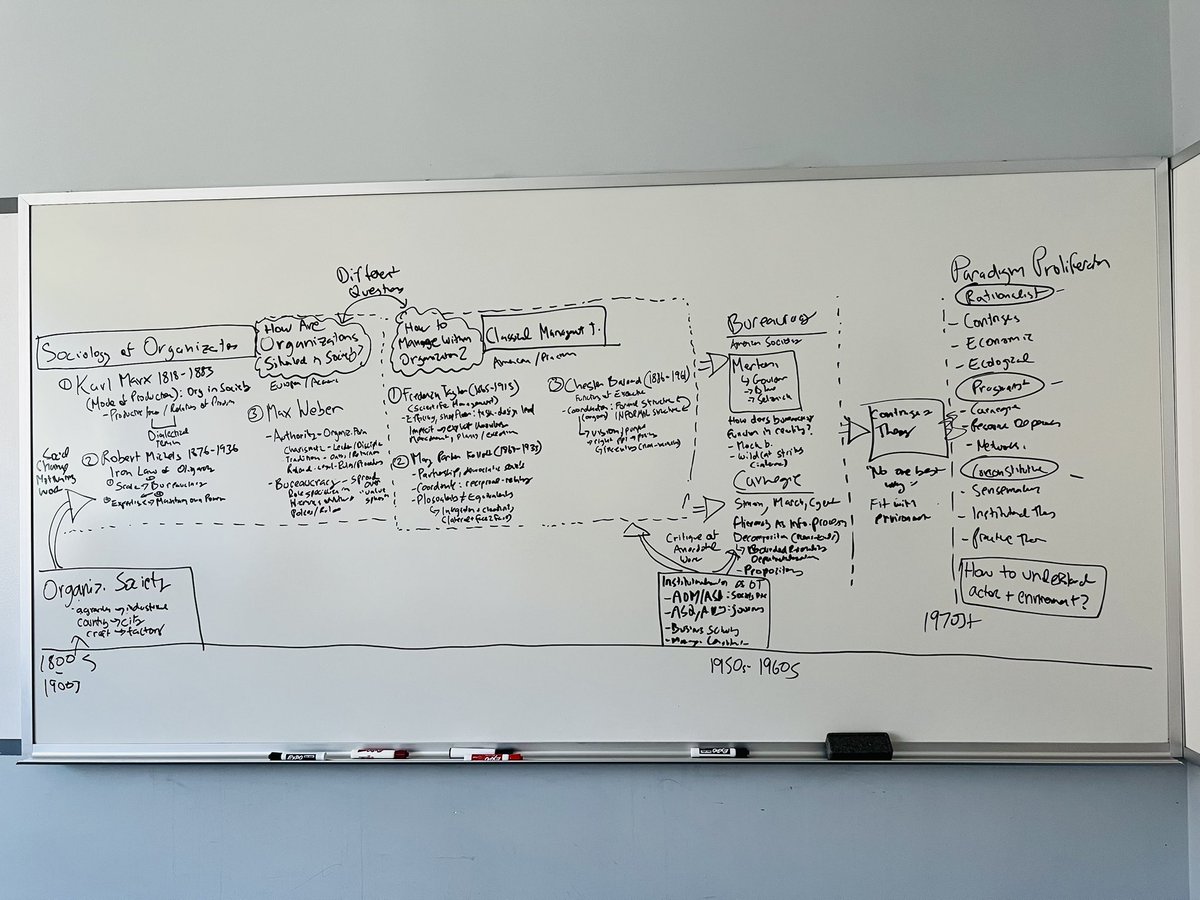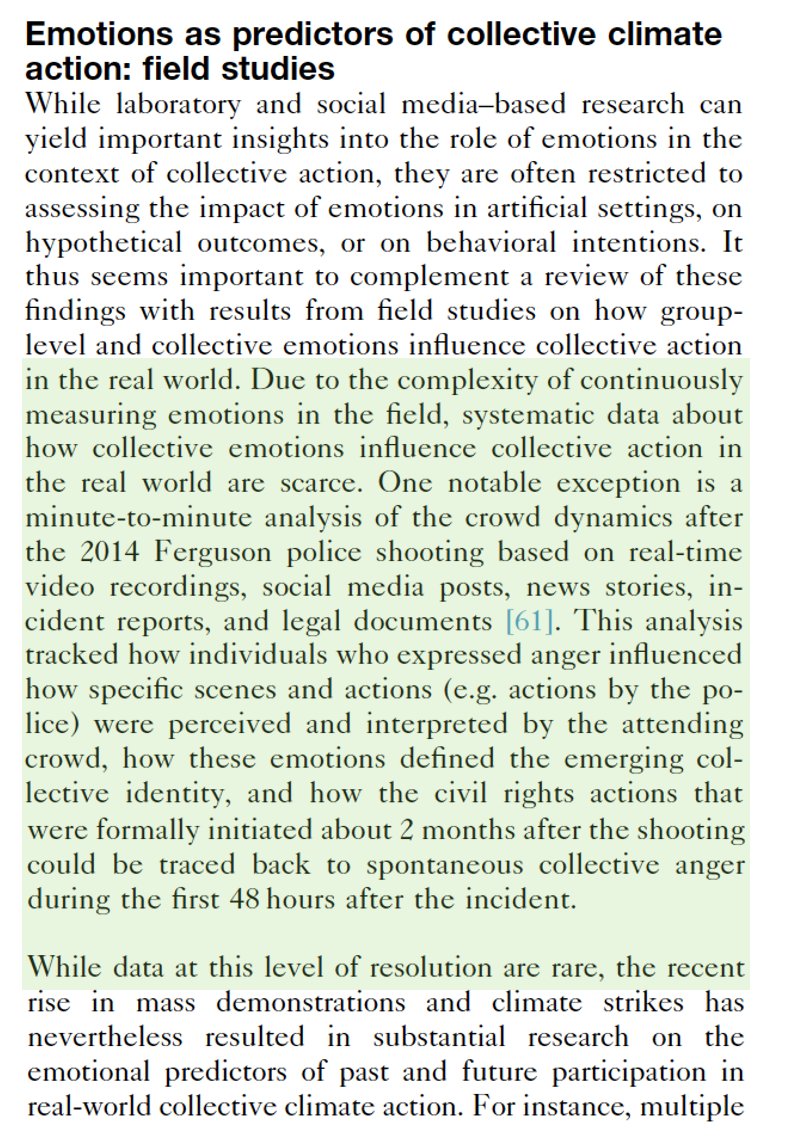
Ravi S. Kudesia
@rskudesia
I study how systems meditate. B-school professor on: behavioral science, distributed sensemaking, emergent change, practice theory, Indo-Tibetan mindfulness.
ID: 22102194
http://www.raviskudesia.com 27-02-2009 03:30:30
4,4K Tweet
2,2K Followers
768 Following






This should open up conversation about researcher transparency and bias in qualitative methods. These Yale School of Medicine researchers conducted interviews with the express intent to discredit a study participant—only revealed because of a hot mic moment. Not good. insidehighered.com/news/quick-tak…



Packed room discussing the Attention Based View pioneered by William Ocasio—especially in light of the recent Strategic Organization special issue—in this session at #AOM2024 (cdmcd.co/9WbDDn)
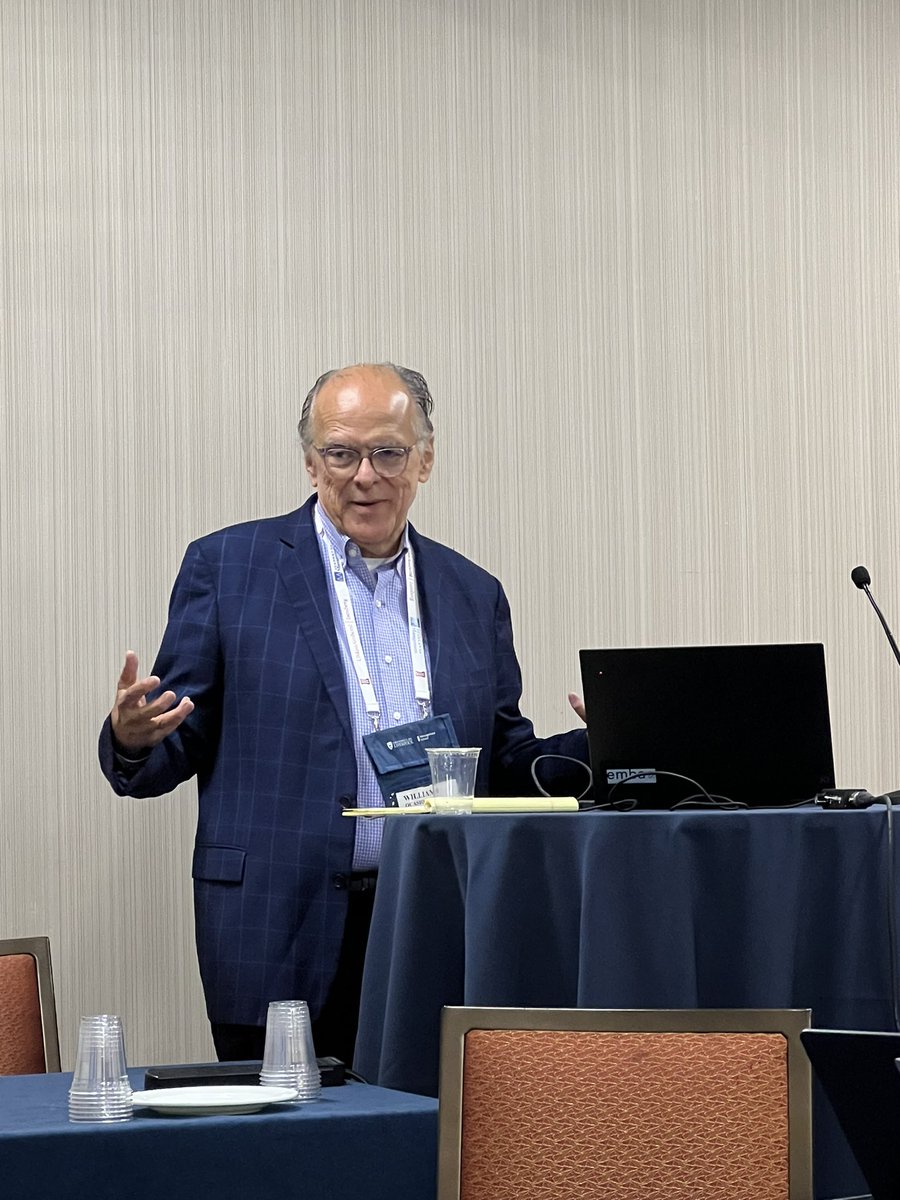

I put a lot of effort into my reviews of Academy of Management AMR manuscripts, especially as I've seen firsthand how much an article there can help set your research agenda as an early-career scholar. Delighted to have that effort recognized with an outstanding reviewer award! 😊 #AOM2024


This issue of @osofficer includes an obituary and tribute to Barbara Czarniawska who, among many contributions, wrote what I feel is the definitive work on shadowing as a qualitative method. A great loss for the field and a good reason to re-read her work. journals.sagepub.com/doi/abs/10.117…


If you read one thing today, read this: philosophersmag.com/terminal-illne…. In it, philosopher Anand Vaidya reflects on the "transformative experience" of a late-stage stomach cancer diagnosis. I found great joy in wrestling with his ideas and will continue to do so even now that he's gone.

This short paragraph in The Atlantic is one of the best indictments I've heard of the kind of flashy psych research that goes on in (top) business schools. Something needs to give 💪 theatlantic.com/magazine/archi…










